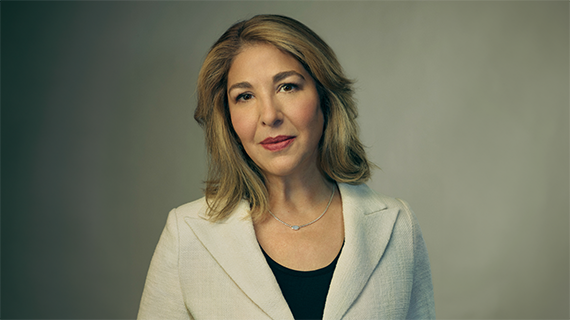

By Mary Leong
Crackberry, Canadarm, seat sale – these uniquely Canadian terms will soon be featured in the second edition of the Dictionary of Canadianisms, helmed by Associate Professor Stefan Dollinger from the Department of English.
The Dictionary of Canadianisms is no ordinary dictionary. It is a historical dictionary, which not only provides current definitions of uniquely Canadian terms, but also traces their meanings through history. Dollinger first became interested in the interaction between social history and Canadian English while on exchange in Toronto during his M.A.
“By following the development of these words over time, you really get a sense of Canadian history and its connections to word history and linguistics,” said Dollinger.
The first edition of the Dictionary of Canadianisms was published in 1967, garnering much media interest and even becoming a national symbol. However, it has remained mostly untouched since then, while Canadian English has continued to develop and grow over the past 40 years.
Dollinger and his team have been collecting material for the second edition of the Dictionary of Canadianisms since 2006, and are currently proofreading the first edition, which will be digitized and made available online in 2012.
“In this day and age, where there is a greater focus being placed on different varieties of English, we thought that this old Canadian dictionary should be brought up to date,” said Dollinger, who works with faculty and students to track down the history and meaning of uniquely Canadian words.
Some of Dollinger’s personal favourite Canadianisms include “parkade” (multi-level indoor parking space) and “loonie” (a Canadian $1 coin).
“My new favourite example at the moment is the term, ‘take up’, used in a sentence such as ‘The math teacher took up the tests’,” said Dollinger. “It’s a meaning that originated in Ontario, meaning that a teacher is going through the right answers on a test.”
Dollinger finds this particular phrase fascinating because it illustrates how Canadianisms spread across the country.
“No one knew this until a few years ago. We carried out studies in Canada, Britain, the States, and found that 90% of Ontarians knew this term,” said Dollinger. “Because there are really good social networks and connections between Ontario, the Prairies, and here in B.C., the term and the meaning have travelled, and we’ve found that 25% of people in B.C. now understand it.”
How do words become Canadianisms?
Words must fit one of the five criteria in order to be considered Canadianisms.
What are your favourite Canadianisms? Share them with us in the comments below, on our Facebook page, or tweet us at @UBC_Arts.



